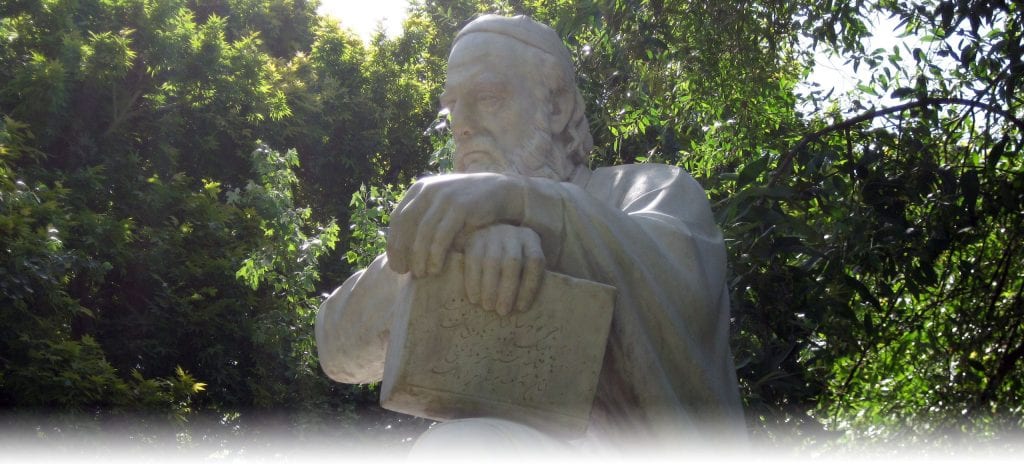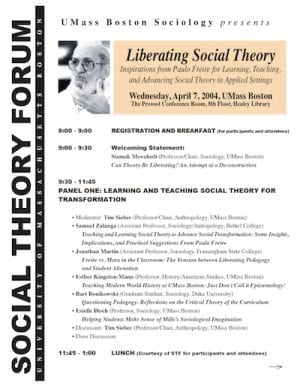Proceedings Journal Article — Teaching and Learning Social Theory to Advance Social Transformation: Some Insights, Implications, and Practical Suggestions from Paulo Freire — by Samuel Zalanga
$15.00
This paper examines the contribution of Paulo Freire’s Pedagogy of the Oppressed to the discussion on human liberation and emancipation.
Description
Abstract
“Teaching and Learning Social Theory to Advance Social Transformation: Some Insights, Implications, and Practical Suggestions from Paulo Freire” is authored by Samuel Zalanga.
This paper examines the contribution of Paulo Freire’s Pedagogy of the Oppressed to the discussion on human liberation and emancipation. The first part of the paper briefly analyzes the social context of Latin America in general, where Freire’s ideas were initially nurtured.
The second part of the paper is divided into several parts, each examining an aspect of Freire’s ideas in the Pedagogy of the Oppressed. The third part of the paper identifies several contemporary social theoretical themes from Freire’s book that are relevant for critical discussion on strategies for social liberationfrom the structures of domination and oppression.
The paper concludes with a Freirean call for humility and courage as we collectively and collaboratively work together to transform society for the better.
Recommended Citation
Zalanga, Samuel. 2004. “Teaching and Learning Social Theory to Advance Social Transformation: Some Insights, Implications, and Practical Suggestions from Paulo Freire.” Pp. 7-26 in Liberating Social Theory: Inspirations from Paulo Freire for Learning, Teaching, and Advancing Social Theory in Applied Settings: Proceedings of the First Annual Social Theory Forum, April 7, 2004, UMass Boston (Discourse of Sociological Practice, Vol. 6, Issues 2, Fall 2004). Issue Guest Editor: Mohammad H. Tamdgidi. Sociology Department, UMass Boston.




